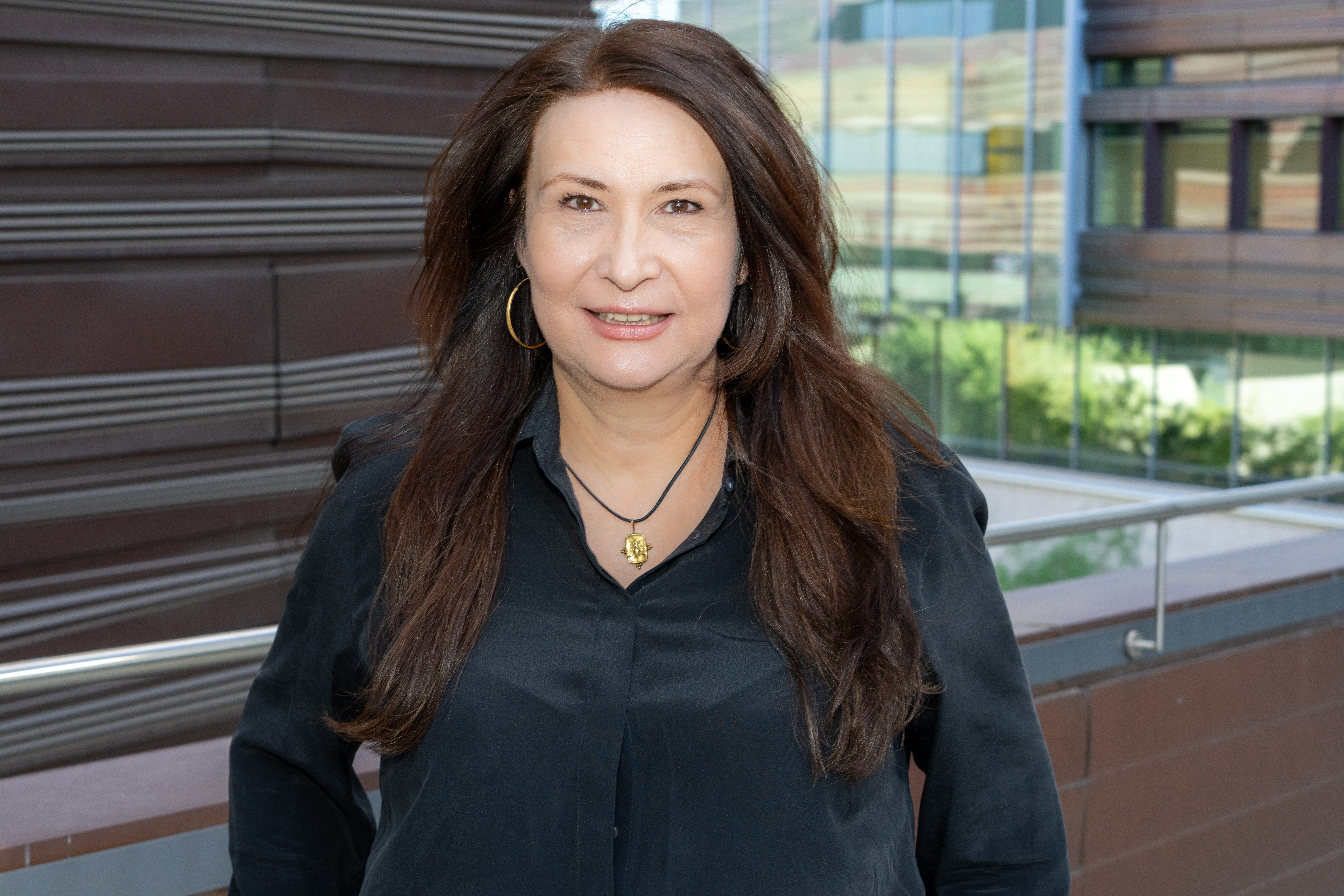
NIH Supports Researcher’s Effort to Discover Better Treatments for Heart Failure

According to the 2024 report of the Heart Failure Society of America, 6.7 million Americans over 20 years of age have heart failure (HF), and the prevalence is expected to rise to 8.5 million Americans by 2030. HF is inextricably linked with dilated cardiomyopathy (DCM) — a disease of epidemic proportions characterized by the progressive enlargement of the heart and reduced contractility reflected by reduced ejection fraction (rEF).
The National Institutes of Health recently awarded a $1.9 million, four-year R01 grant to advance the research of Inna Gladysheva, PhD, research professor in the Department of Internal Medicine and a member of the Translational Cardiovascular Research Center at the University of Arizona College of Medicine – Phoenix, to further study the molecular mechanisms of coagulation factor XII as contributor to HFrEF.
Despite the best available therapies, DCM progresses to symptomatic HFrEF, currently an irreversible condition with cardiac transplantation as the only cure and a ~50% death rate within five years of diagnosis. With statistics estimating that 1 in 4 people will develop HF in their lifetime, more effective therapeutics are crucial to stemming the disease’s effects.
Dr. Gladysheva’s research focuses on the impact of proteolytic enzymes’ networks in the progression of DCM to overt HF, and specifically, how the protease-driven impairment of neurohumoral biological pathways impacts this progression.
“We study how pathological dysregulation of the natriuretic peptide system (NPS) and the renin-angiotensin-aldosterone system (RAAS) promote the development and progression of DCM, stimulating cardiac fibrosis and causing symptomatic HF with edema/congestion, cardiac cachexia, and premature mortality,” she explained. “We also investigate the impacts of pharmacological and non-pharmacological approaches (lifestyle choices) on cardiac function and edema with presided consideration of sex and age-related differences.”
A major sign in DCM progressing to symptomatic HF is edema, where fluid builds up in the lungs and/or systemically. Those with edema experience breathlessness, disability and, unfortunately, death.
“Our translational studies' outcomes contribute to understanding molecular mechanisms forcing the progression of cardiac dysfunction and edema development. Importantly, they also suggest that lifestyle choices can play a significant role in preventing HF development in patients with DCM or at risk of DCM,” Dr. Gladysheva said.
She recently received a R01 grant from the National Heart, Lung and Blood Institute of the National Institutes of Health (NIH) that will further support her team’s research on crosstalk between RAAS and NPS in DCM—HF progression.
“This award enables our team to investigate the newly discovered role of coagulation factor XII (FXII) as a stimulator of cardiac dysfunction and overt heart failure through its contribution to activation of protease renin,” Dr. Gladysheva said. “Systemic RAAS chronic pathological activation — a hallmark of symptomatic HF — is triggered by protease renin, which is one of the earliest biomarkers and modulators of HF,” she explained. Despite renin’s crucial role as a master regulator of RAAS and symptomatic HF, the mechanism of renin activation in circulation remains unknown.
“I am deeply thankful to my incredible colleagues and collaborators, Guy Reed, MD, MS, Ryan Sullivan, DVM, LATG, Sofiyan Saleem, PhD, and others, whose unique complementary expertise helped sharpen an idea to hypothesis-based evidence supporting this award.”
The project aims to elucidate the regulatory role of the upstream proteolytic network in RAAS overactivation and the pathophysiology of HF, ultimately leading to better treatment options than solely full heart transplantation. “Our exciting discovery suggests and offers a new paradigm in heart failure management. The long-term project goal is to translate knowledge into novel therapeutic strategies needed to prevent or treat the progression of heart failure, improving its outcomes and the duration of patients’ lives,” Dr. Gladysheva said.
Research reported in this story was supported by the NIH under project number 1R01HL171366-01A1.
The content is solely the responsibility of the authors and does not necessarily represent the official views of the NIH.
About the College
Founded in 2007, the University of Arizona College of Medicine – Phoenix inspires and trains exemplary physicians, scientists and leaders to advance its core missions in education, research, clinical care and service to communities across Arizona. The college’s strength lies in our collaborations and partnerships with clinical affiliates, community organizations and industry sponsors. With our primary affiliate, Banner Health, we are recognized as the premier academic medical center in Phoenix. As an anchor institution of the Phoenix Bioscience Core, the college is home to signature research programs in neurosciences, cardiopulmonary diseases, immunology, informatics and metabolism. These focus areas uniquely position us to drive biomedical research and bolster economic development in the region.
As an urban institution with strong roots in rural and tribal health, the college has graduated more than 1,000 physicians and matriculates 130 students each year. Greater than 60% of matriculating students are from Arizona and many continue training at our GME sponsored residency programs, ultimately pursuing local academic and community-based opportunities. While our traditional four-year program continues to thrive, we will launch our recently approved accelerated three-year medical student curriculum with exclusive focus on primary care. This program is designed to further enhance workforce retention needs across Arizona.
The college has embarked on our strategic plan for 2025 to 2030. Learn more.